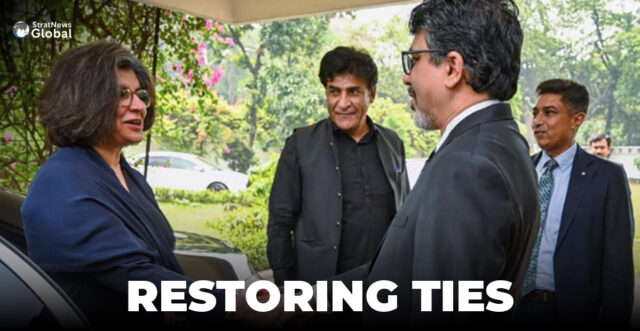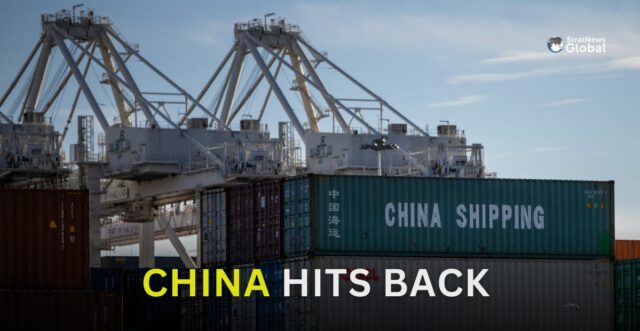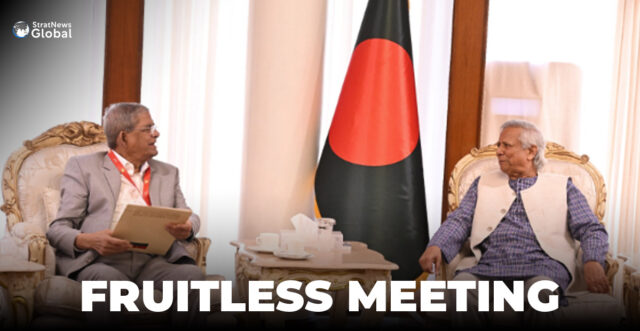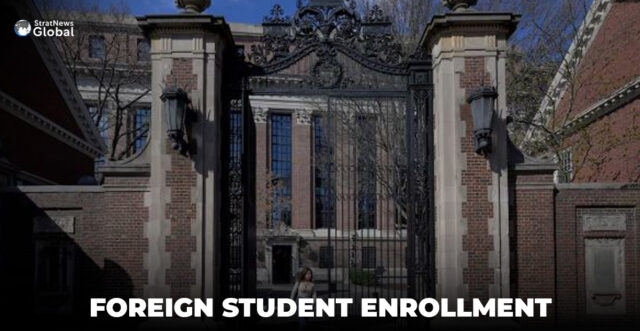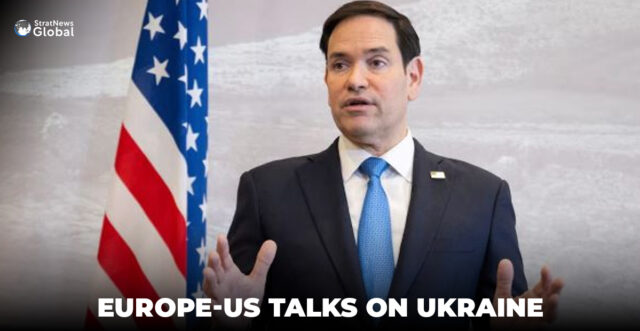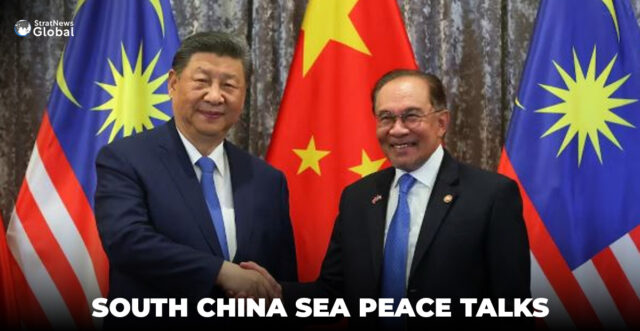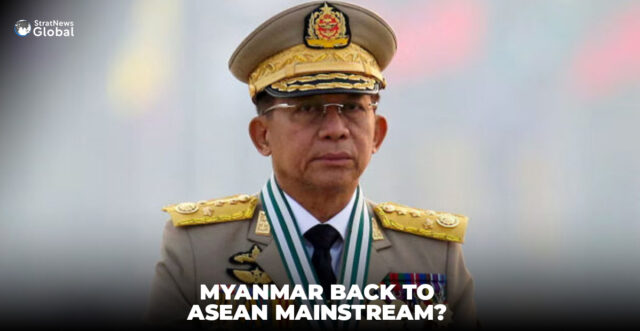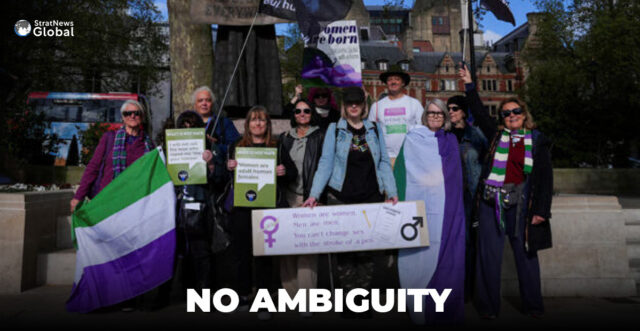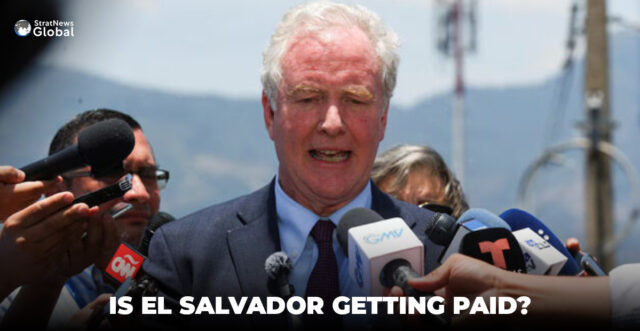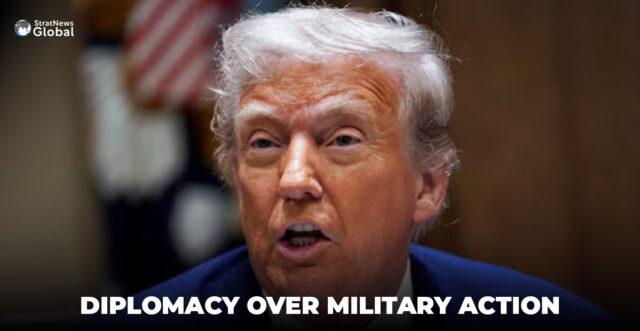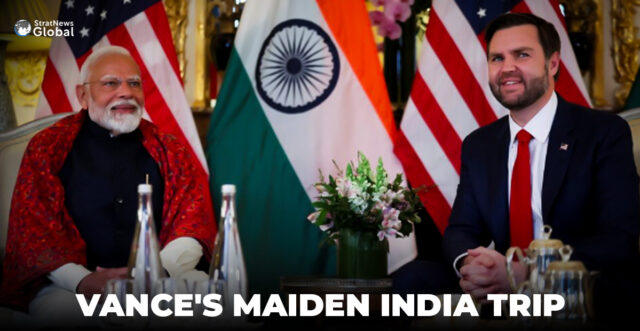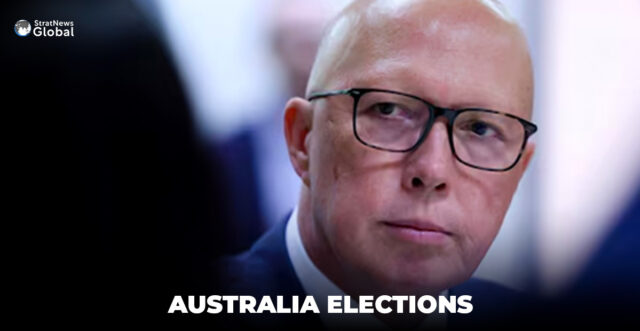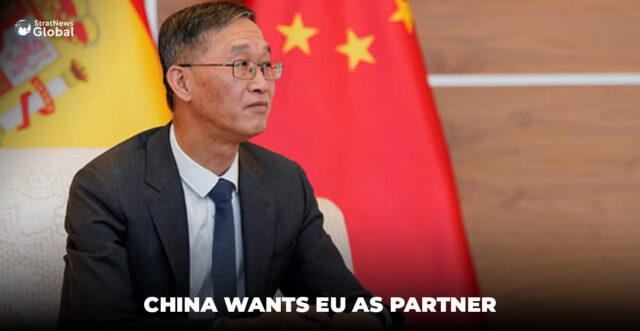Kremlin Eyes Seized US-Owned Company To Feed Russian Military
The Kremlin is planning to repurpose a U.S.-owned company, recently seized and placed under state control, to supply food to the Russian military, according to a document reviewed by Reuters—an action that could jeopardise improving ties between Moscow and Washington.
As the U.S. and the Kremlin negotiate to stop the war in Ukraine, the canned food maker Glavprodukt, which was seized in October and is the only American-owned firm to be taken under state control, has been caught in the crosshairs.
U.S. Secretary of State Marco Rubio has said its treatment will be part of the conversation about resetting U.S.-Russia relations.
Seizure Was ‘Necessary’
The seizure was necessary to ensure stable production, including for future supplies to the national guard and defence ministry, according to a letter, reviewed by Reuters, addressed to Russia’s prosecutor general from Glavprodukt’s new management.
Glavprodukt is now under the control of Russia’s federal property management agency, Rosimushchestvo, having been seized from Los Angeles-based Leonid Smirnov.
Russia’s industry and trade ministry and Rosimushchestvo did not respond to requests for comment on the state’s plans for Glavprodukt and questions about its new management.
Russian prosecutors have accused Smirnov and companies controlled by him of moving about 1.38 billion roubles ($17 million) out of Russia from 2022 to 2024, the RBC daily reported in March.
On March 12, Glavprodukt’s assets were seized by the Moscow Arbitration Court at the request of the Prosecutor General’s office. A hearing is scheduled for April 18. Smirnov denies wrongdoing and says the lawsuit is a “Russian-style corporate raid” to steal his company.
The prosecutor general did not immediately respond to a request for comment.
About a dozen European companies have had their Russian subsidiaries expropriated by presidential decree, including Danish brewer Carlsberg and Finnish utility Fortum and the Kremlin has warned of more asset seizures.
The Ukraine invasion was expected to be a quick operation, but the war has now stretched to more than three years, seeing Russia hike defence spending and secure tighter control of strategic assets. In 2022, Russia was scrambling for military supplies, including food.
Who Stands To Gain From Seizure?
The letter reviewed by Reuters shines a light on the people standing to gain from the expropriation. It said that Rosimushchestvo appointed Glavprodukt’s new director general at the request of food producer Druzhba Narodov.
Druzhba Narodov was the sole supplier to Russia’s national guard for 2019-20, according to a 2018 press release.
A person familiar with the matter said that Glavprodukt had never previously supplied Russia’s army.
A 2018 investigation by late opposition politician Alexei Navalny’s Anti-Corruption Fund revealed that then Prime Minister Dmitry Medvedev had in 2017 signed off on Druzhba Narodov becoming the national guard’s sole supplier.
Ownership information for Druzhba Narodov is classified, but Russian newspaper Kommersant reported in 2022, citing then publicly available information on Russia’s EGRUL corporate registry, that entities connected to the agriculture holding ‘Agrocomplex named after N. I. Tkachev’ had acquired Druzhba Narodov.
Reuters could not independently verify that, as the information is now classified, but the Agrocomplex holding referred to, and Druzhba Narodov, share the same agrocomplex.ru domain name for some email addresses, according to their websites and filings from Russia’s Spark corporate registry.
Druzhba Narodov and Agrocomplex did not respond to requests for comment.
The holding’s ultimate owner is Alexander Tkachev, according to the company’s 2025 independent audit filings, reviewed by Reuters.
Tkachev, sanctioned by the European Union in 2014 for his support of Moscow’s annexation of Crimea, was appointed Russia’s agriculture minister the following year, and is the holding company’s board chairman, the filings show.
(With inputs from Reuters)




